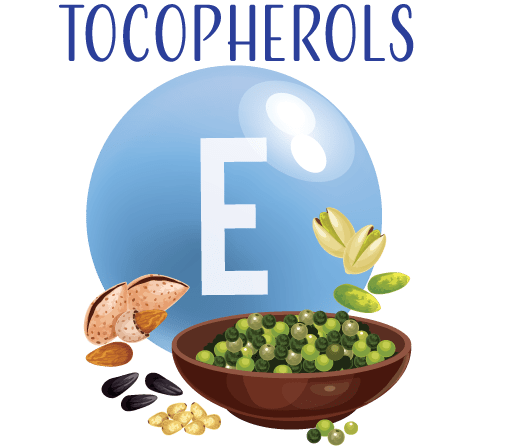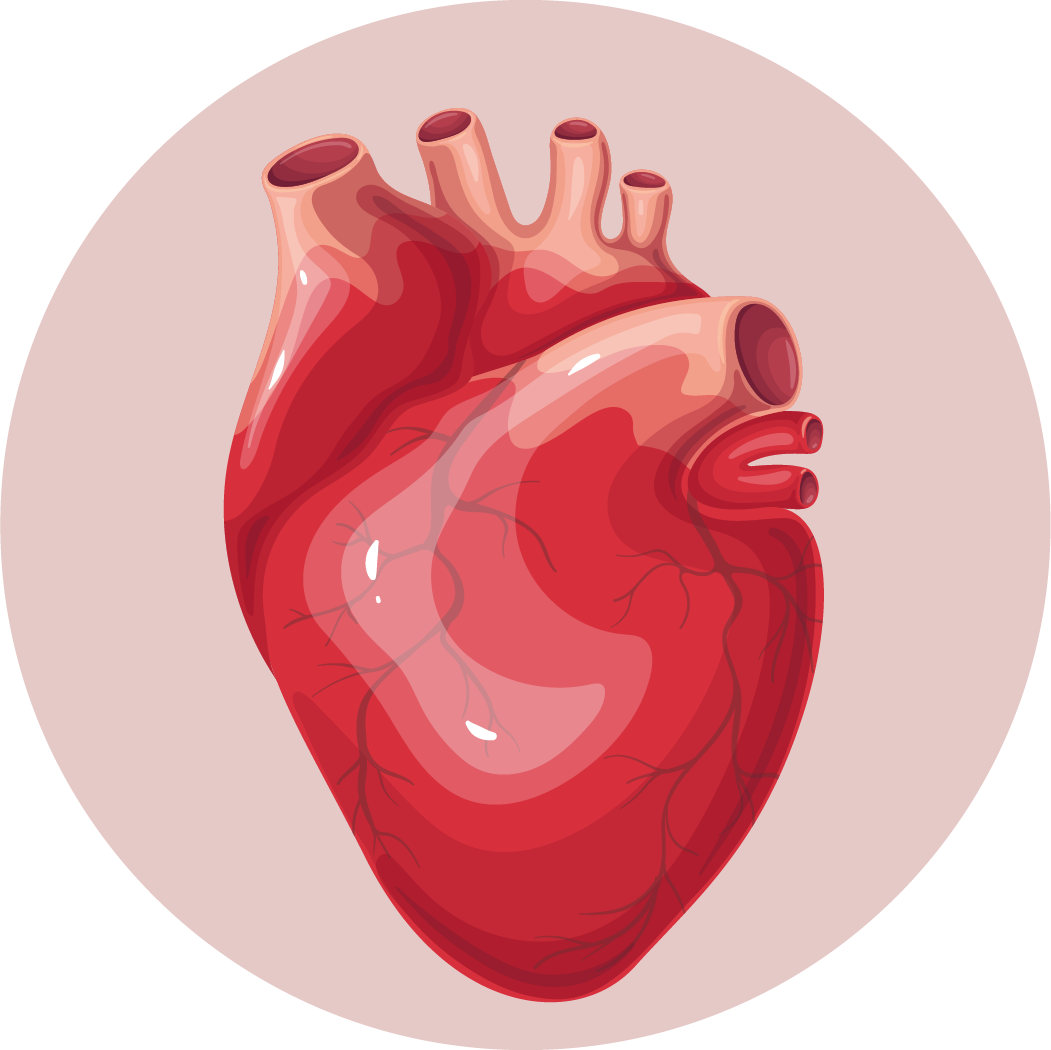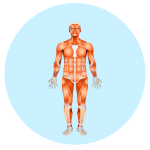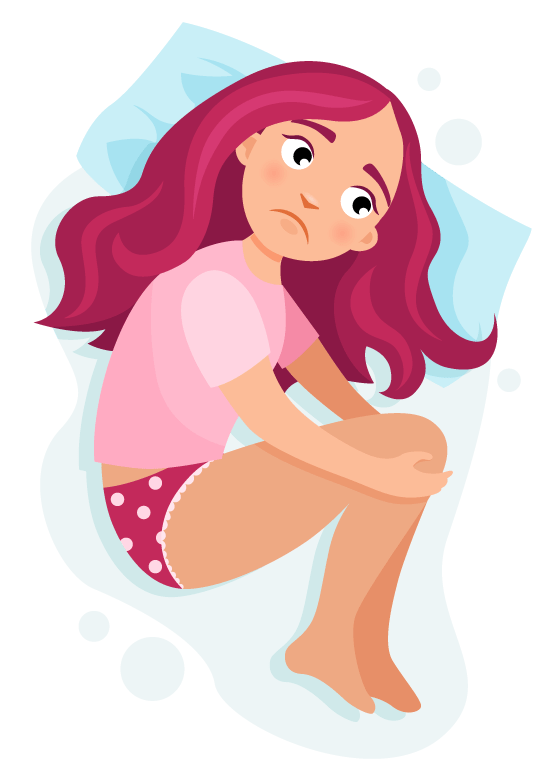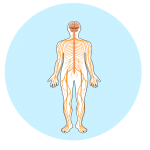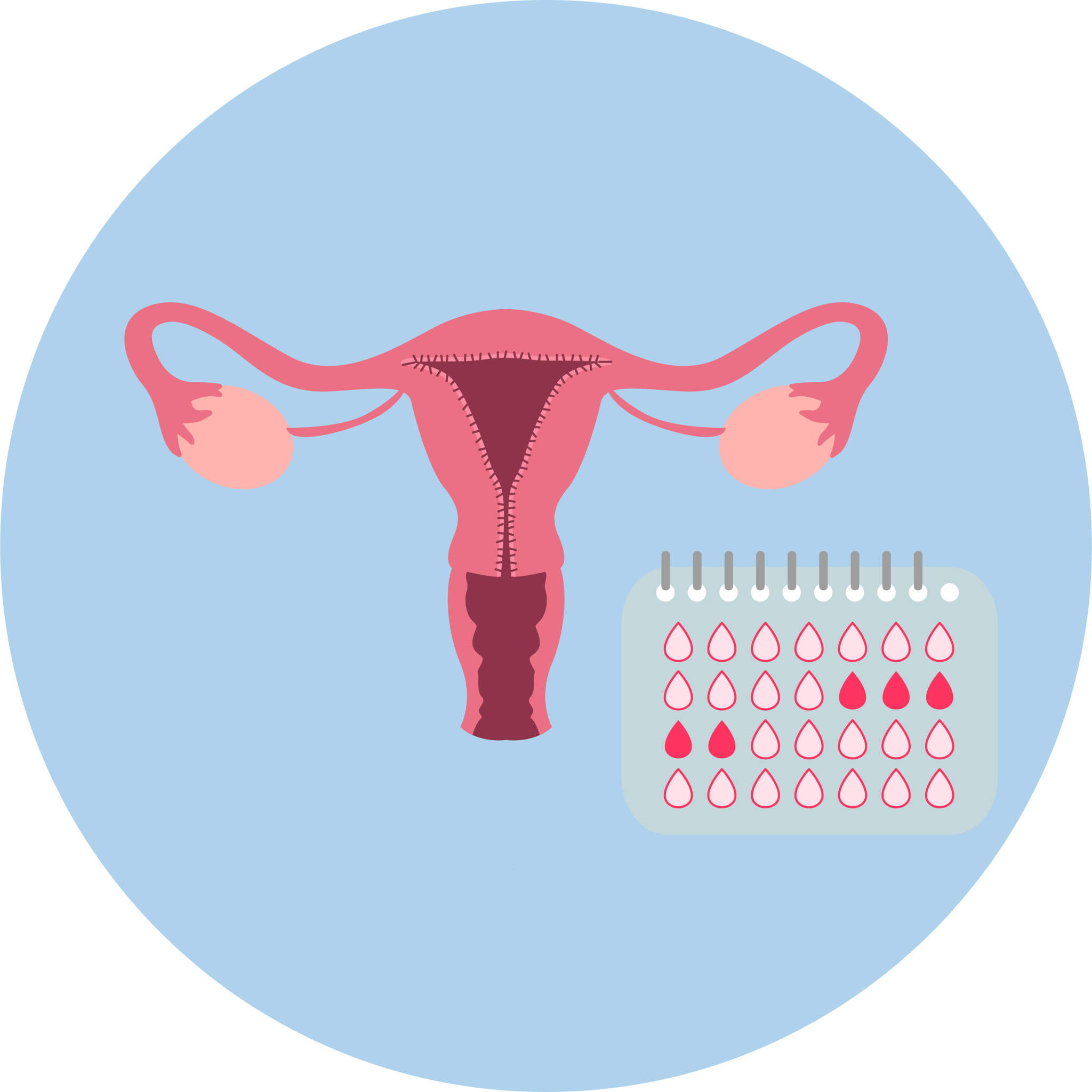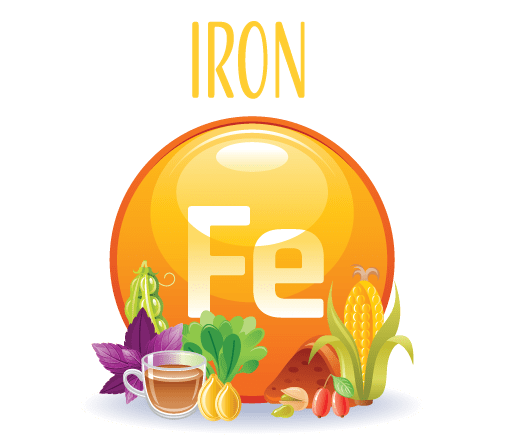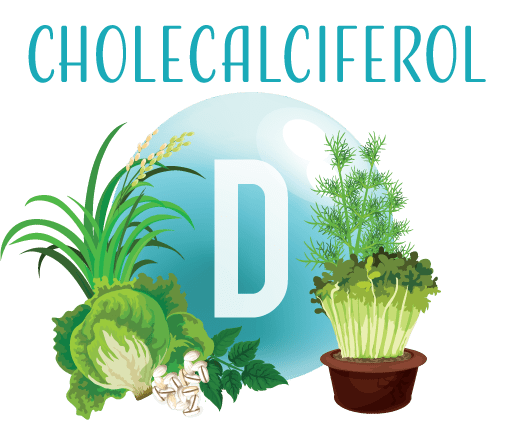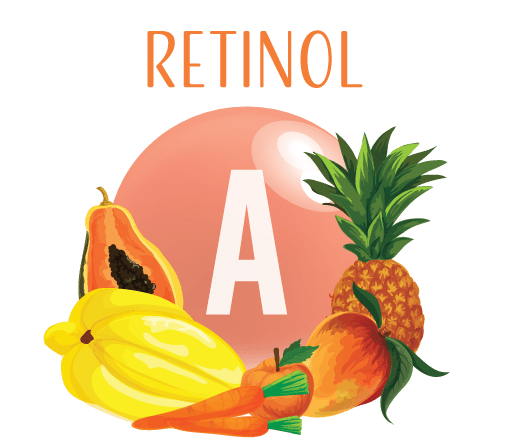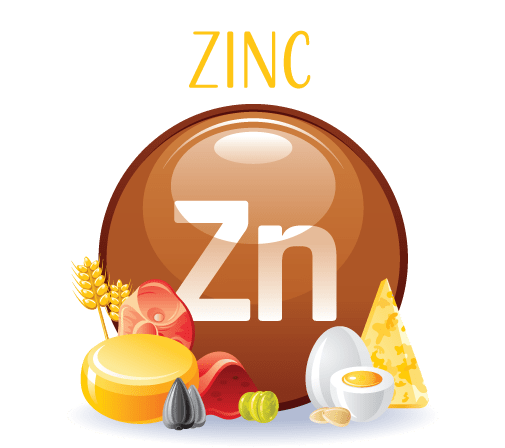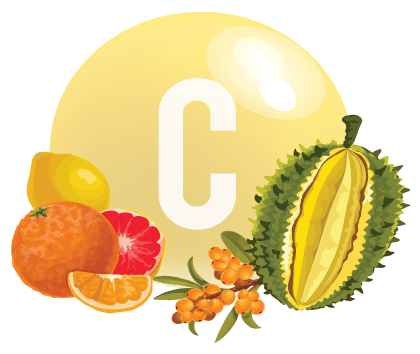The Power of Vitamin E: Protecting Cells, Slowing Aging, and Reducing Disease Risks
The primary function of Vitamin E is to help protect cells from oxidative stress caused by free radicals; this reduces the risk of chronic disease and slows the aging process. Tocopherol is also known to promote proper blood circulation, reduce inflammation, and prevent blood clotting, thereby lowering the risk of stroke and heart disease.
Sources of include nuts, seeds, leafy green vegetables, and fortified foods. While Vitamin E deficiency is rare, those who have dietary restrictions or malabsorption issues may require supplements. Excessive consumption of Vitamin E supplements can have adverse effects and lead to health complications. Therefore, it’s crucial to speak to a healthcare professional about the appropriate dosage and the best sources of vitamins to meet your daily requirements. Incorporating tocopherol into your daily diet and lifestyle is incredibly beneficial in keeping your body healthy and functioning correctly.
